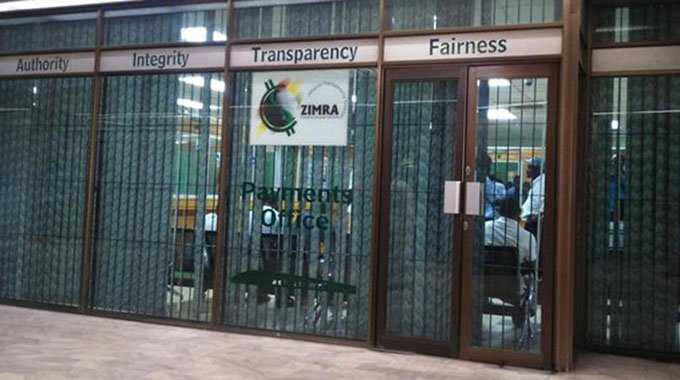By Zimbabwe Coalition on Debt and Development
Tax can be understood as an obligatory but “involuntary” payment made by certain individuals and entities of the society deemed liable by the relevant authorities into the state offers for the public good. One of the critical description of taxes is that they are an important of source of government revenue used to finance the provision essential public services like education, health and infrastructure. What therefore it means is that by paying taxes, citizens enter into a social contract with the government, a contract which in a normal set up must be revered. Public services do not only ensure that vulnerable groups of the society are cushioned from the exorbitant prices charged for the same services by the private sector but also ensure equitable distribution of wealth.
Nevertheless, the nexus between taxation and provision of public services is hinged upon the efficiency or otherwise of the latter. An efficient tax system does not only ensure effective tax collection mechanisms but also guarantees fair treatment of the taxpayers by the responsible authorities and also ensures that the taxes are put to good use. In the context of Zimbabwe, a just and fair taxation system is guaranteed in Section 298 of Constitution which stipulates that the burden of taxation must be shared equitably. Nevertheless, if one looks at the obtaining tax system in Zimbabwe, one will realise that the taxation field is tilted towards the benefit of a few. This is despite the fact that taxation is an efficient instrument that can assist in the redistribution of wealth and bridging the ever widening inequality gap by ensuring that the proceeds are utilised towards improving the material conditions of the poor. However, is this applicable to Zimbabwe?
Despite Zimbabwe being one of the countries with higher taxation, the Southern African country’s taxation system cannot be pointed at as one of the prototype of effective systems as it is characterised by unjust tax policies and practices which cultivate tax evasion and avoidance. Young people have a critical role to play in the reshaping of the taxation structure in the country to promote sustainable development for all as well as securing their future. Furthermore, an effective tax system is a crucial element of domestic resource mobilisation.
The Youth Symposium organised by the Zimbabwe Coalition on Debt and Development and held a day before the official start of the Zimbabwe Alternative Mining Indaba, highlighted that youth are agitated by tax injustices in Zimbabwe and the cosmetic nature of youth engagement by policy makers. The symposium was born out of ZIMCODD’s realisation that youth have the energy & innovation which when tapped into can contribute meaningfully towards national development. The initiative is meant to foster the inclusion of youth & safeguarding their interests in public finance management, tax justice & natural resource governance.
There was much heated debate around the issue of whether “the rich should be heavily taxed” in order to protect the developmental interests of the poor”, with some arguing that even if the rich are heavily taxed, the institutionalised corruption and abuse of public funds in Zimbabwe will hinder efforts 2 direct those taxes towards poverty reduction. Nevertheless some strongly felt that most of the rich people in Zimbabwe amassed wealth through socioeconomic injustices as such heavily taxing them can best bring about restorative justices. There is therefore need for an inclusive economic governance system that takes young people on board. The need for a progressive tax system is also long overdue to ensure that good tax policies are in place to guarantee the redistribution of the country’s wealth between the rich and the poor.






